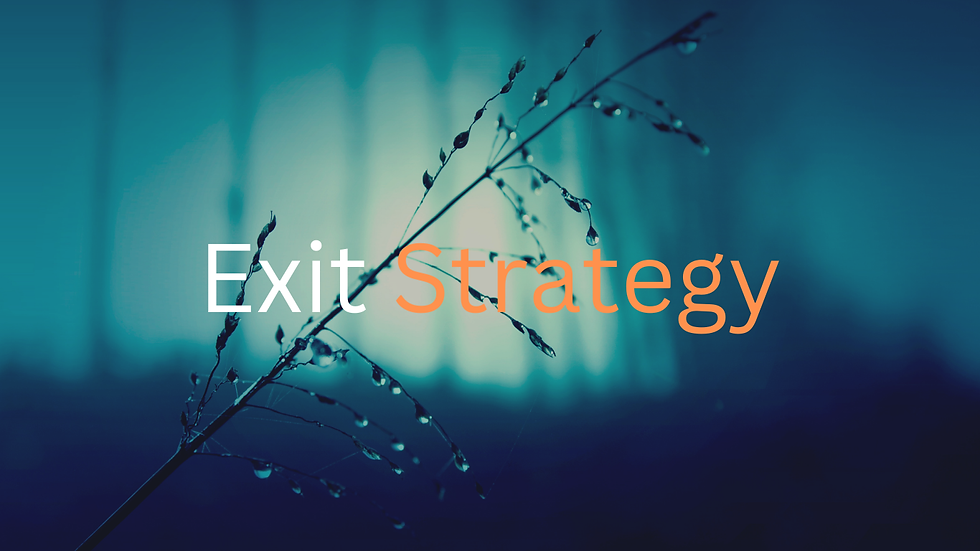11. Building Cross-Cultural Trust
- Ann Desseyn
- Nov 3, 2025
- 2 min read

Every culture has its own idea of what builds trust. In some places, it’s competence — do your job well, on time, no surprises. In others, it’s connection — share a meal, show warmth, stay loyal. Both are right. But when they collide in global teams, misunderstanding is guaranteed.
Leaders often assume relationships are universal. They’re not. They’re built on invisible rules — and those rules shape how fast a team bonds, how freely it speaks, and how well it performs. Understanding those rules is core to the MC3 Method™.
Two Kinds of Trust
We call them Task Trust and Relationship Trust.
Task Trust
lives in performance. You earn it by doing what you said you would. Deadlines, data, consistency — that’s the currency. Lose it, and you lose credibility.
Relationship Trust lives in connection. You earn it by showing who you are. Time spent together, remembering details, small acts of care. Lose it, and you lose belonging.
Neither is stronger. But when one side expects proof and the other expects presence, communication falters.
The Meeting That Missed the Point
A Dutch manager once told me, “Our Brazilian partners are always late.” His counterpart said, “They arrive when the relationship is ready.”
They weren’t arguing about time — they were arguing about trust logic. Once they stopped forcing one another’s rhythm, meetings turned human again. Deadlines held. Humour returned. The trust gap wasn’t cultural; it was linguistic — same word, different meaning.
Building Cross-Cultural Trust
MC3 teaches leaders to blend both forms — competence and care.
Deliver Early. Prove reliability. It’s the fastest way to reduce anxiety in performance-driven cultures.
Listen Deeply. Don’t just ask about work. Ask how people work. Show curiosity, not checklist empathy.
Mirror Micro-behaviours. Match tone, greeting, or pacing without mimicry. These small alignments signal respect.
Name the Process. Say, “We’ll build this as we go,” or “Trust grows over delivery.” It prevents misreading warmth or precision as weakness.
A Short MC3 Reflection
Think of the last person you found easy to trust — what made it happen? Now think of the last person you found difficult — what was missing? Was it proof or presence?
That’s your personal trust map. Knowing it changes how you lead across borders.
The Leadership Lesson
Global relationships aren’t built by being liked — they’re built by being understood. When teams realise that trust has dialects, they stop taking things personally and start working intentionally.
The MC3 Method™ gives leaders the tools to decode those dialects — so trust becomes a system, not an accident. Because in every language, trust sounds the same once it’s real.



